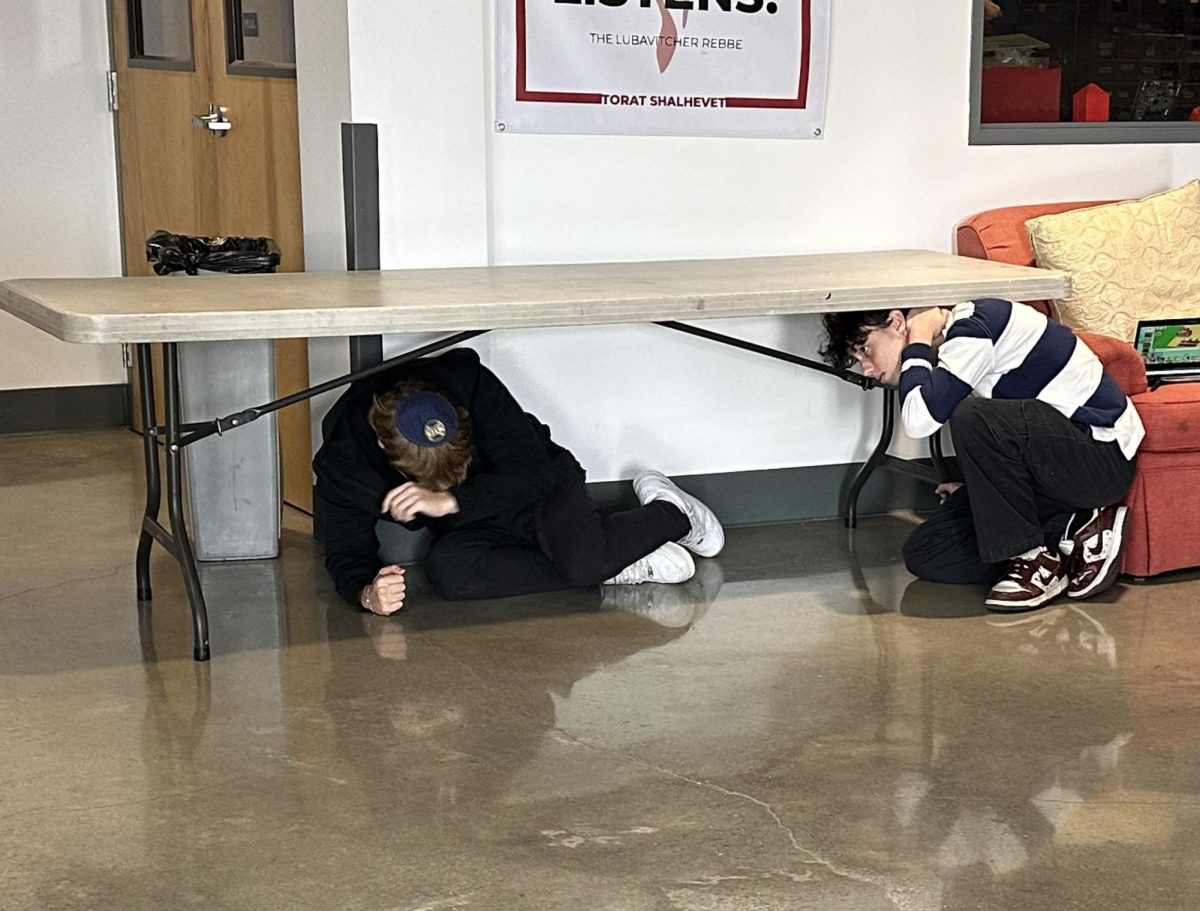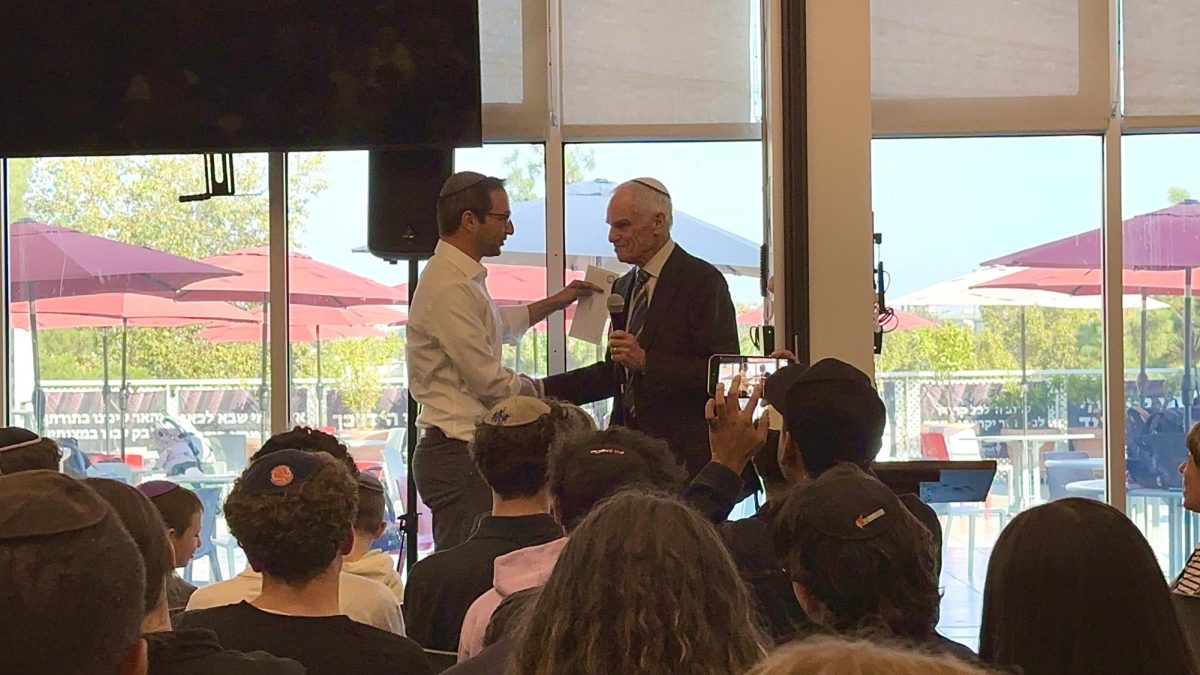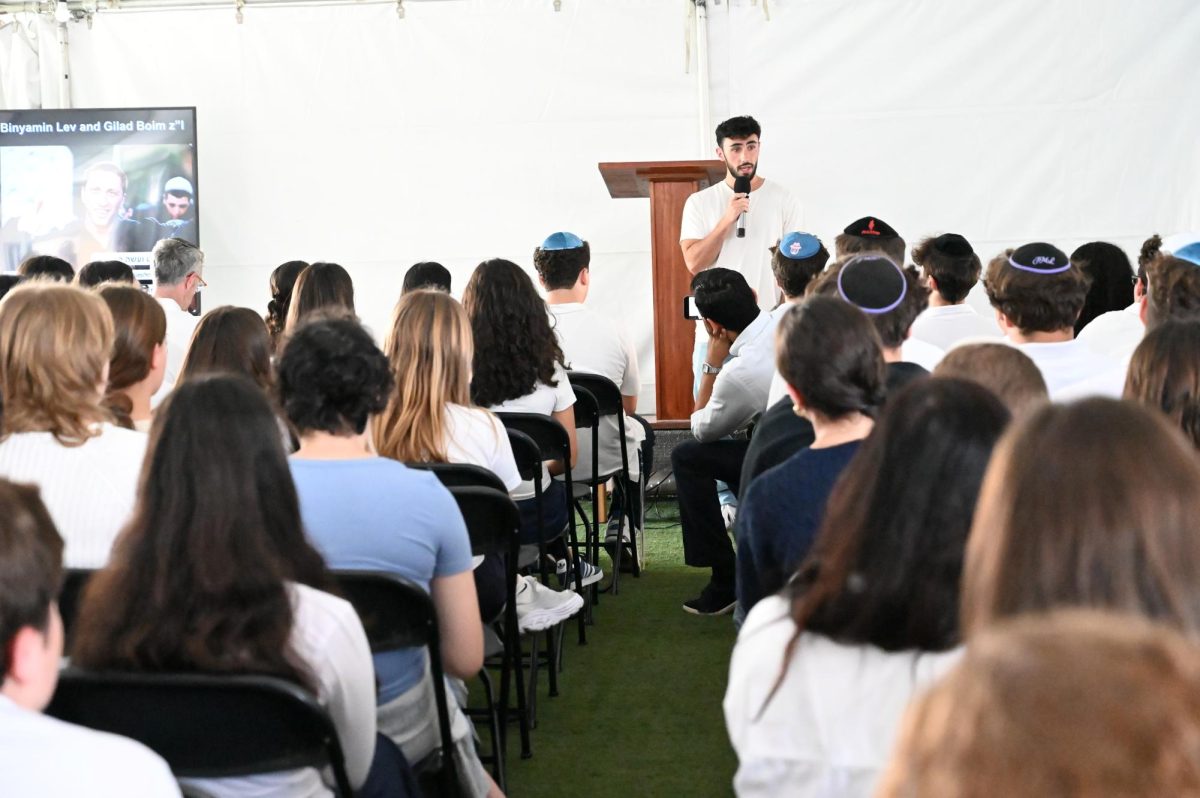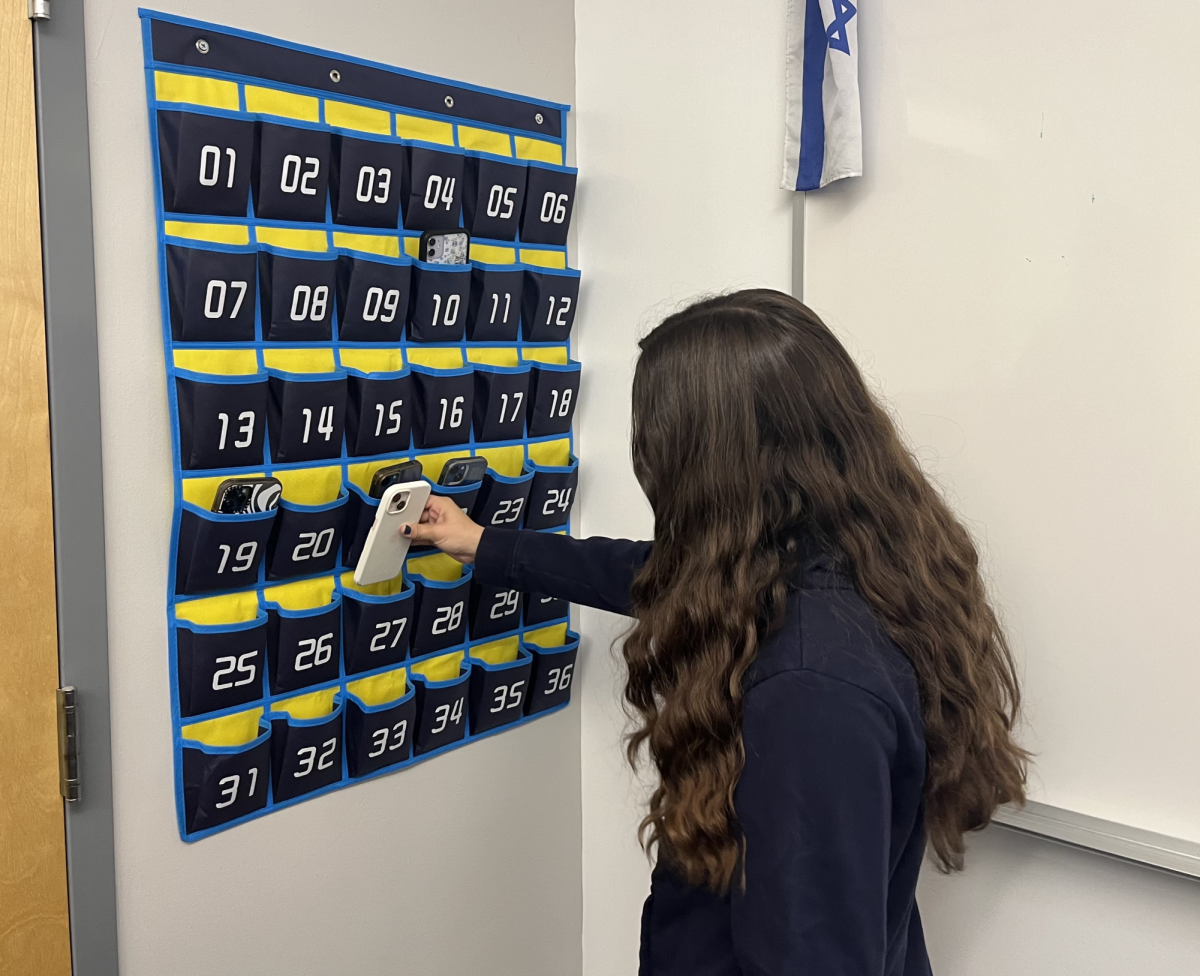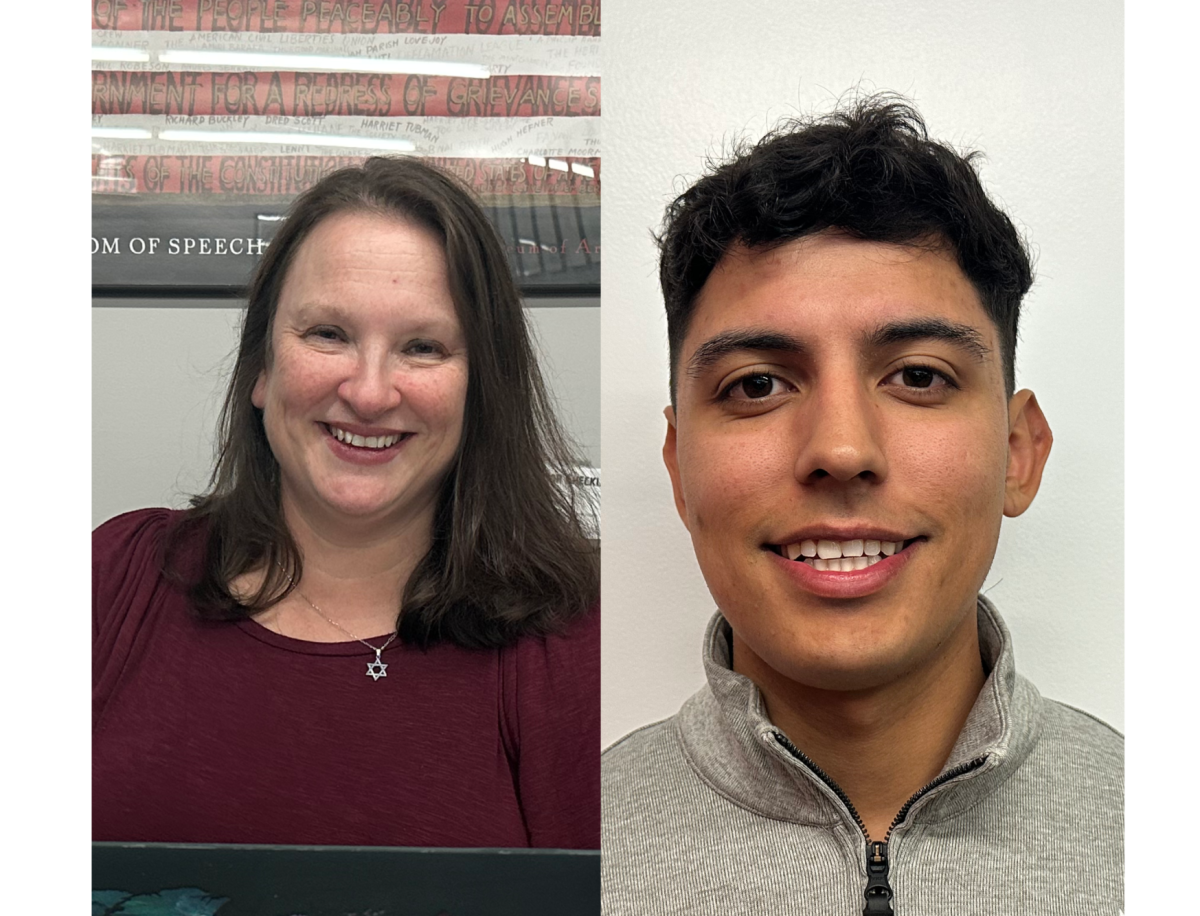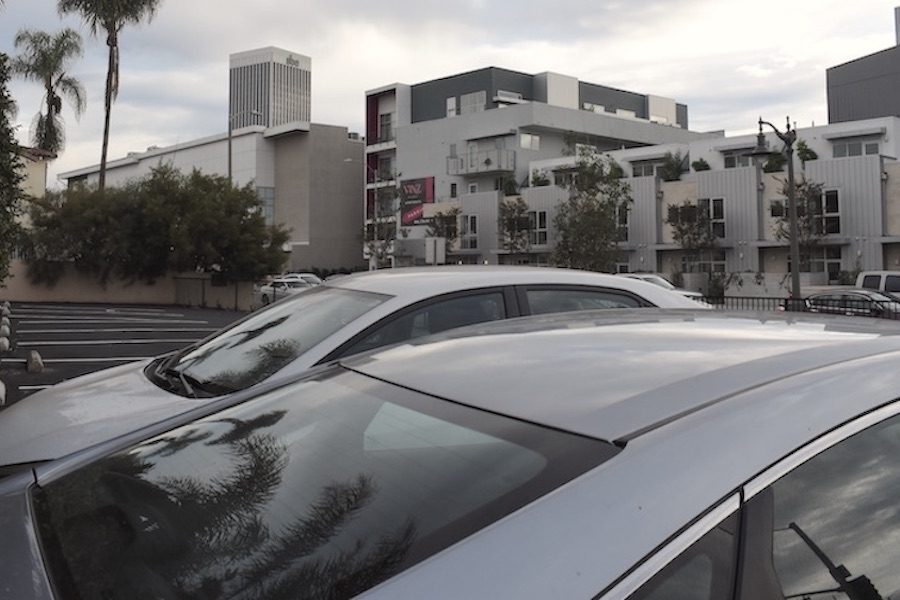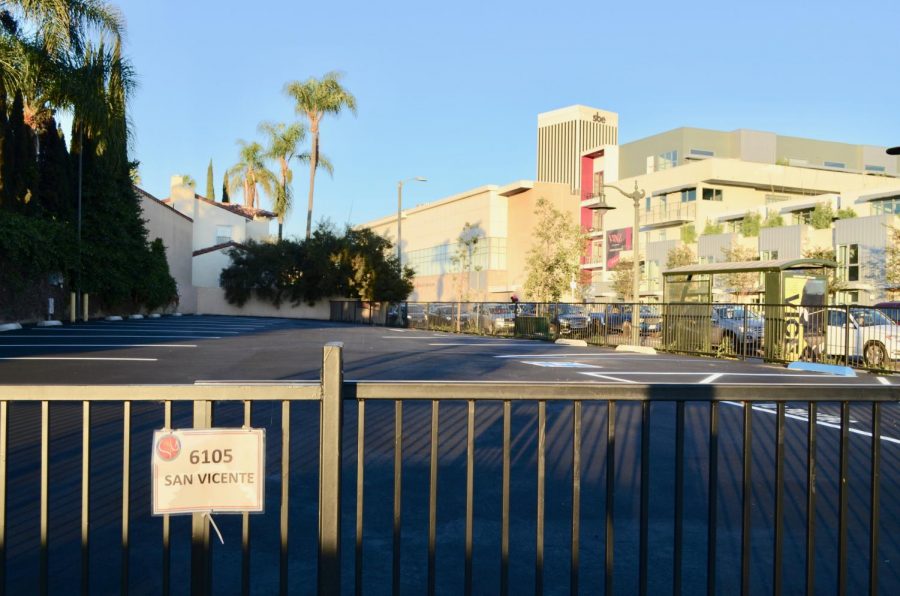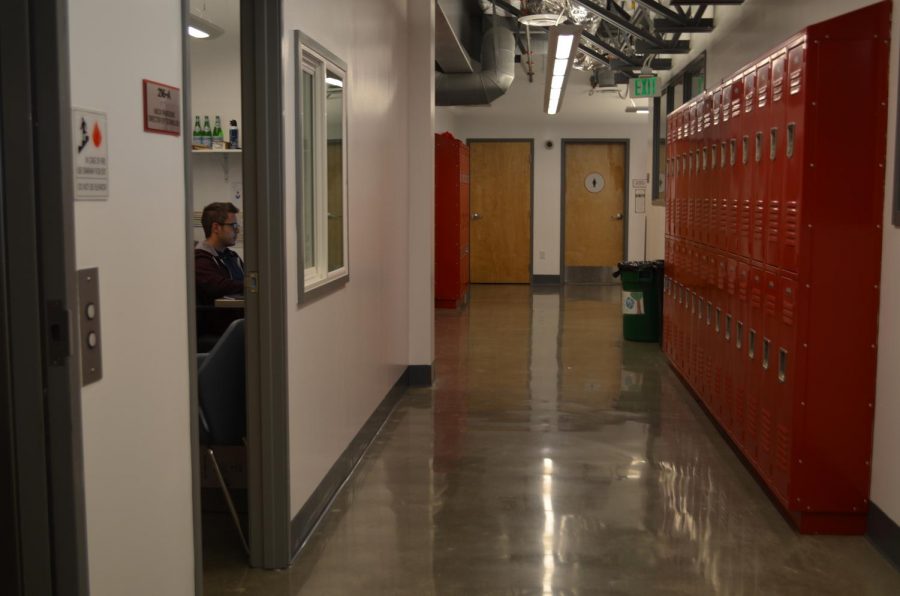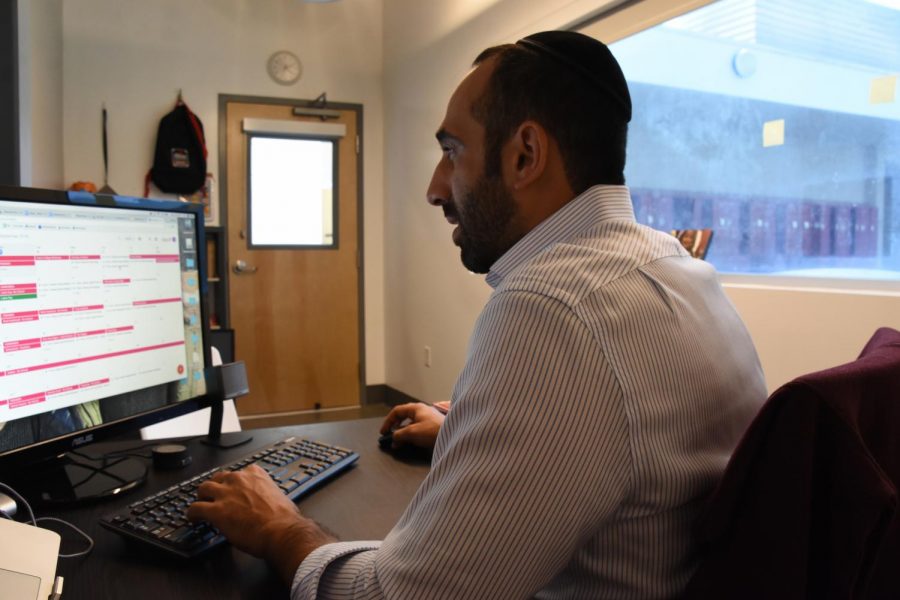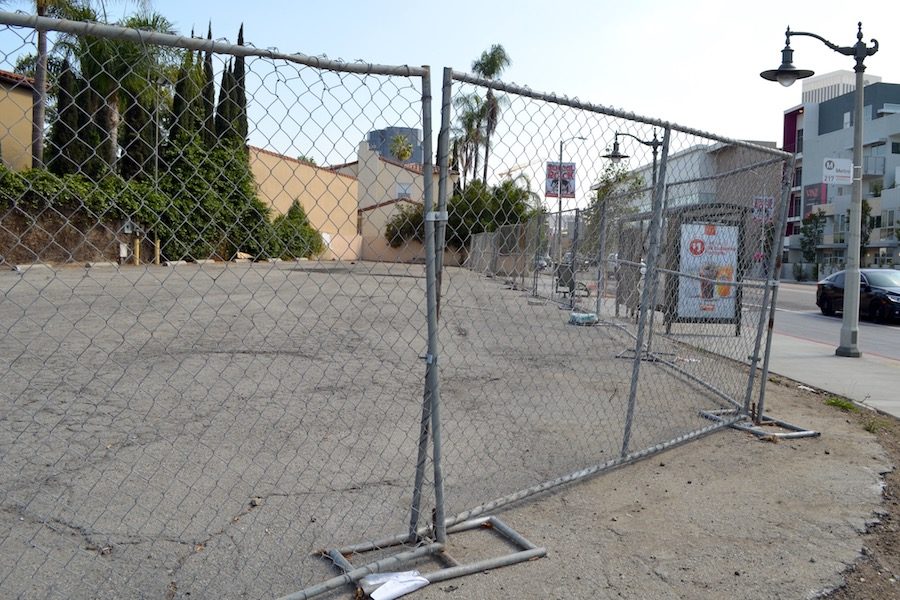Shalhevet’s board and administration are considering selling the south part of the school’s property and using the proceeds to construct a new building on the north part, according to interviews and an e-mail sent to parents, students, faculty and staff.
Or not. The efforts may just result in a refinance of the school’s building with better terms, and a more solid financial footing for the school going forward.
“It’s a project involving refinancing the debt,” said Larry Gill, Shalhevet’s board president, explaining that banks are interested in extending loans depending on the value of a school. “The motivating force is to improve the financial situation of the school.”
But Mr. Gill and Head of School Rabbi Ari Segal said that in the last several months, a sub-committee has met with a team of professional consultants including architects, city planners, lawyers, bankers and philanthropic partners to investigate the possibility of a remodeled or an entirely new facility on the northern half of the current property.
The project first came to light in an e-mail sent out Jan. 17, in which Rabbi Segal said improved financial stability had made it possible to begin planning major remodeling or reconstruction.
School leaders have been working with a bank to take advantage of low interest rates and low construction costs, the e-mail stated, and “a refinance is in sight.”
“A crucial component of any plan will be the sale of an unused portion of the existing school site to help finance the endeavor,” Rabbi Segal said in the e-mail.
Exactly how much of the current school might be sold is unknown, Rabbi Segal said in an interview with the Boiling Point. But it would likely include the Annex, used now only for its science lab and the Wildfire Theatre, and the main building as far as the small hallway leading to the kitchen.
The cafeteria, kitchen, Student Lounge and Sport Court would probably remain. A new, two-story building would have “everything the school has now,” including science lab, and also a gym.
“There are so many different possibilities for how much can be sold because they are so many different buyers out there,” Rabbi Segal said. “On the one hand, the more land we keep the better. On the other hand, the more land we sell the better, because it helps generate profit.”
Whatever portion was sold would be leased back by the school to be occupied for classes during construction of the new school, he said.
“It’s in preliminary stages – there have been first-level schematics,” said Board of Directors President Larry Gill. “I don’t think we can say anything at this point is definite. There is significant work being done.”
The school has had three remodeling projects in the last four years — during in the summers of 2008, 2009 and 2011. They were mostly cosmetic in nature, ranging from replacing worn carpet with tile floors to creating a teacher hallway and collaboration room where classrooms and lockers used to be.
Mr. Gill said it was too early to know what another remodel might entail. Perhaps ironically, he and Rabbi Segal both said any possible projects would be part of a process to rid the school of debt.
“After trying many different options, the best option for refinance was a real estate loan,” Rabbi Segal said in the interview.
This means that the loan would be based on the potential sale value of Shalhevet property, even if it didn’t actually sell.
“We are just getting a refinance based on the possibility that we could sell part of our land – we are not obligated to,” said Rabbi Segal regarding the terms of the real estate loan.
“We have told the banks that we are very likely, and seriously considering, to sell a piece of the property,” said Rabbi Segal.
The profit, depending on how much land was sold, would be used to pay for a wholesale remodel, a new facility or basic refurbishments. Rabbi Segal said the school does not know what option is most likely to happen as they are still in the planning stages.
If a sale doesn’t happen, then a refinanced loan based on the property’s value would fund improvements.
“We will either go through with the plan [selling a portion of land] and pay back the loan with a small percentage that the bank uses as profit,” said Rabbi Segal, “or, we put the property on the market and see if the buyers are willing to give what we want.”
“If they can’t, we would not go through with the plans,” said Rabbi Segal.
“This could be possible because the bank would have a clause with us that would say if you don’t sell the portion of the property within two years then it becomes a normal loan,” he added.
Either outcome, he said, would be good for the school. By selling a portion of the property, the school can either end up having a new building or a remodeled facility. Without a sale, the school would still be able to take advantage of record low interest rates.
“This is a win-win,” Rabbi Segal said. “At the worst case we just get a new loan with better rates which would allow us to give out more financial aid, or even run without a deficit. Or we are going to have money to do something — either a refurbish of the building, or it could be enough money to build a brand new building.”
Rabbi Segal also said construction would take only a year, because the people the school is working with understand the zoning and permit systems. An experienced and bonded builder has guaranteed that Shalhevet can build a new building in one year, he said.
But he was careful to stress that nothing was final.


